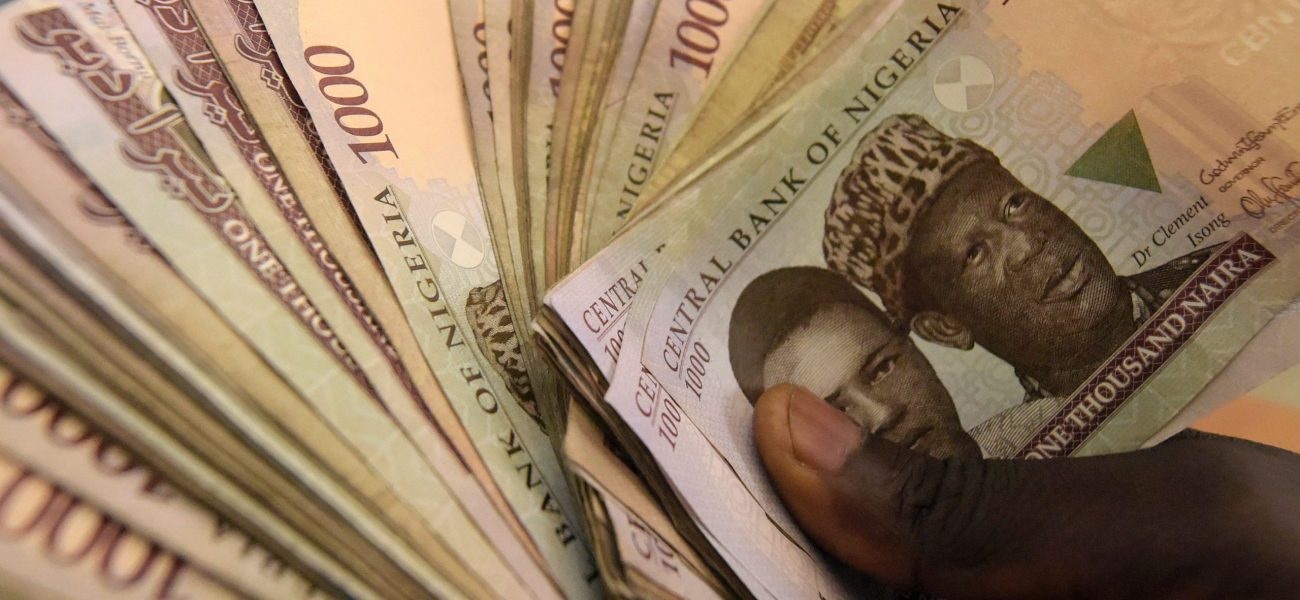That Nigeria’s economy is in dire straits is not in question. What baffles analysts and observers is the seeming lack of answers to the very difficult challenge. When Edo State Governor, Godwin Obaseki, claimed that the Federal Government printed monies amounting to about N60billion to disburse to States for their monthly Federal Account Allocation Committee (FAAC) allocations, not too many people doubted that this could be true. Nigeria’s economy managers do not appear to have a handle on how to reverse ongoing downward trend in the economy. Recent statistics released by the National Bureau of Statistics (NBS) paint a very gloomy picture of the economy. Unemployment statistics put at 33.3%, inflation at 18.17%, and other indices paint a negative outlook for the economy. Although its recent Gross Domestic Product (GDP) growth figure shows a return from recession by 0.11% growth rate, for the ordinary person, current economic indicators are looking very bad. Governor Obaseki’s claim of money printing has however been repudiated by the Federal Government. The Minister for Finance, Budget and National Planning, Zainab Ahmed, on Wednesday, April 14 described Obaseki’s statement as untrue, insisting that monies distributed at FAAC are revenues generated by government agencies and parastatals. In a television interview, the Minister further disclosed that the Federal Government refused governors’ request to borrow N50 billion from the Central Bank of Nigeria (CBN) to augment State allocations in March. There has been a back and forth between the governor, the Federal Government, the ruling All Progressives Congress (APC) and the main opposition party, the People’s Democratic Party (PDP), on the matter. Governor Obaseki who has stood his ground and his party, the PDP, have urged the Federal Government to take the governor’s observation and advice in good faith and act on it, to prevent further degeneration of Nigeria’s economic situation, rather than deny it.
CBN Governor, Godwin Emefiele had stated that the CBN may print money to support the economy, causing observers to wonder if it was a corroboration of Obaseki’s statement. However, responding to an interview question on Governor Obaseki’s claim about the CBN printing monies for State allocations, Emefiele stated that the concept of printing money is about lending money, adding that State governments would have to start paying back CBN budget support loans disbursed to them between 2015 and 2016. A statement the PDP perceives as the CBN Governor’s vindictiveness over Obaseki’s claim.
With the inflation rate soaring, experts have raised concerns about Nigeria’s ailing economy. However, the Federal Government maintains that Nigeria’s debt profile (23% of its GDP) is still within sustainable limits, although it holds that it is critical that the nation enhances its revenues to meet debt obligations.
Although the Government claims that Nigeria’s economic downturn has been worsened by the impact of COVID-19 which is a worldwide phenomenon, indicators are that some other countries also adversely impacted by the disease, may in fact be on the recovery path. The United Kingdom, only a few days ago, released figures of unemployment in the country dropping to about 4.9% and its GDP outlook looking relatively positive.

